
The word thou is a second-person singular pronoun in English. It is now largely archaic, having been replaced in most contexts by the word you, although it remains in use in parts of Northern England and in Scots. Thou is the nominative form; the oblique/objective form is thee ; the possessive is thy (adjective) or thine ; and the reflexive is thyself. When thou is the grammatical subject of a finite verb in the indicative mood, the verb form typically ends in -(e)st, but in some cases just -t.
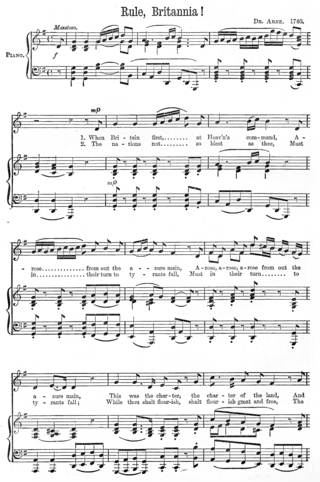
"Rule, Britannia!" is a British patriotic song, originating from the 1740 poem "Rule, Britannia" by James Thomson and set to music by Thomas Arne in the same year. It is most strongly associated with the Royal Navy, but is also used by the British Army.

"Be Thou My Vision" is a traditional Christian hymn of Irish origin. The words are based on a Middle Irish poem that has traditionally been attributed to Dallán Forgaill.

"Abide with Me" is a Christian hymn by Scottish Anglican cleric Henry Francis Lyte. A prayer for God to stay with the speaker throughout life and in death, it was written by Lyte in 1847 as he was dying from tuberculosis. It is most often sung to the tune "Eventide" by the English organist William Henry Monk.
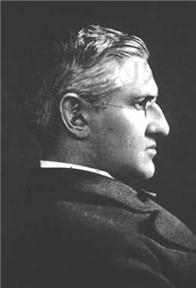
"It Is Well With My Soul", also known as "When Peace, Like A River", is a hymn penned by hymnist Horatio Spafford and composed by Philip Bliss. First published in Gospel Hymns No. 2 by Ira Sankey and Bliss (1876), it is possibly the most influential and enduring in the Bliss repertoire and is often taken as a choral model, appearing in hymnals of a wide variety of Christian fellowships.
The Scots song "Ae fond kiss and then we sever" by the Scottish poet Robert Burns is more commonly known as "Ae fond kiss". It is Burns's most recorded love song.
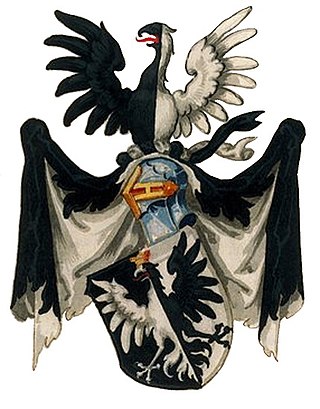
Pavle Orlović is a semi-mythological hero of the Kosovo cycle of Serbian epic poetry; he was a Serbian knight, one of the military commanders under Prince Lazar that fell at the Battle of Kosovo (1389) against the Ottoman Empire. According to folklore, Orlović was the son of voivode Vuk Orle, the Lord of Soko Grad on the Drina. After the death of Stephen Uroš V the Weak, Orlović held the mining town of Novo Brdo, as well as his father's possessions on Mount Rudnik in central Serbia.
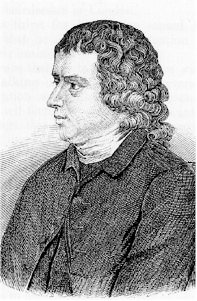
"Come Thou Fount of Every Blessing" is a Christian hymn written by the pastor and hymnodist Robert Robinson, who penned the words in the year 1758 at the age of 22.

"Come Again, sweet love doth now invite" is a song by John Dowland. The lyrics are anonymous. The song is bitter-sweet, typical of Dowland who cultivated a melancholy style.

Saint Monday is the tradition of absenteeism on a Monday. Saint Tuesday is the less common extension of this to a Tuesday. The tradition of taking Monday off has been common among craft workers since at least the seventeenth century, when the workweek ran from Monday to Saturday as had been the custom and expectation for centuries.
Lord Saltoun and Auchanachie, also known as Annachie Gordon, is a Scottish ballad.

The alma mater of the University of Pittsburgh was adopted soon after the University changed its name in 1908 from the Western University of Pennsylvania to its current moniker. Lyrics were written by George M. P. Baird, class of 1909 and were set to the tune of what was then the Austrian National Anthem. A new tune for the "Alma Mater" hymn was composed by Charles W. Scovel, class of 1883, but it was not widely adopted and was either lost or became obscure.
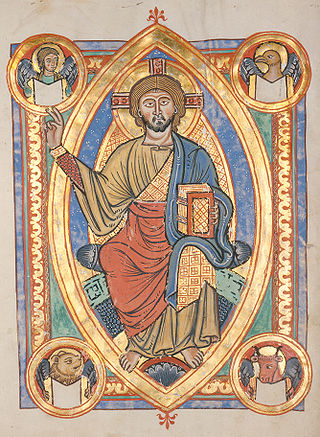
Saint Louis de Montfort's Prayer to Jesus is a reflection of his philosophy of "total consecration to Jesus Christ through Mary", a theme that centuries later influenced the development of Roman Catholic Mariology.
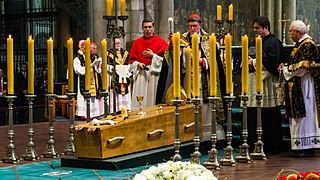
Absolution of the dead is a prayer for or a declaration of absolution of a dead person's sins that takes place at the person's religious funeral.

Jessie Lewars, also known as Mrs. James Thomson, was the youngest daughter of John Lewars, a supervisor of excise. Following the death of her 69-year-old father in 1789, Jessie was only 11 years old, when she and her brother John moved to a house in Millhole Brae that lay opposite that of Robert Burns in Dumfries. Jessie was a close Burns family friend and when nearly at the age of eighteen helped the family by nursing Robert in the days leading up to his death and doing the domestic chores.

The Te Deum in D major, "Queen Caroline" is a canticle Te Deum in D major composed by George Frideric Handel in 1714.
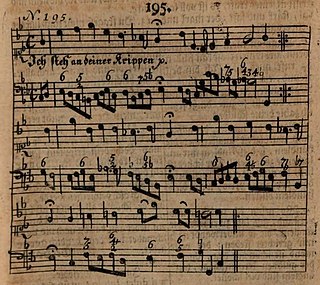
"Ich steh an deiner Krippen hier" is a German Christmas hymn, with lyrics by Paul Gerhardt which were first published in 1653. It was then sung with an older melody by Martin Luther, but a melody which was likely created by Johann Sebastian Bach for Schemellis Gesangbuch of 1736 is now part of current Protestant and Catholic hymnals.
"Ach, wie ist's möglich dann" also known as "Treue Liebe", and “How Can I Leave Thee” is a German now-traditional song. Friedrich Wilhelm Kücken (1810–1882), a German composer and conductor, claimed to have composed the tune, and that it was later modified "probably by Silcher" and given the general name Thüringer Volkslied. Its popularity helped Kücken get chosen for the court of Paul Frederick, Grand Duke of Mecklenburg-Schwerin. The tune is used at West Point, Lincoln University (Missouri), Wake Forest University, and Washington University in Saint Louis. Marlene Dietrich sang the song and it has been used in some movies, e.g. Three Comrades uses the melody throughout the film as Leitmotif for love. Similarly, Max Ophüls used it in the same year as a leitmotiv in Le Roman de Werther. The silent film Ach, wie ist's möglich dann (1913) by Peter Ostermayr bears the song's title.
"On the Death of Mr. Crashaw" is an elegy by English poet Abraham Cowley in commemoration of his friend Richard Crashaw's death. First published in 1656, it is considered by literary critics as one of Cowley's greatest poems.
















